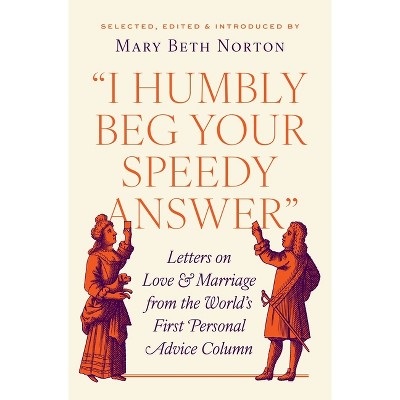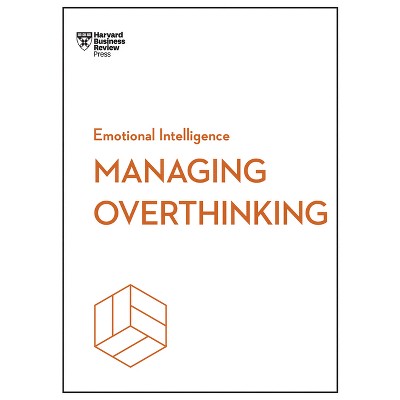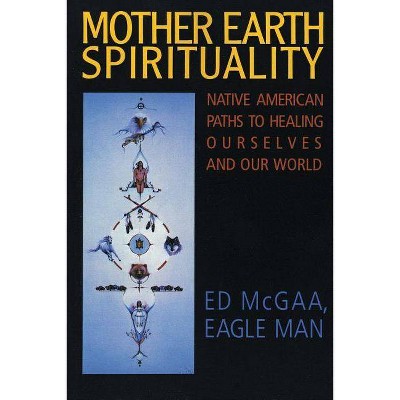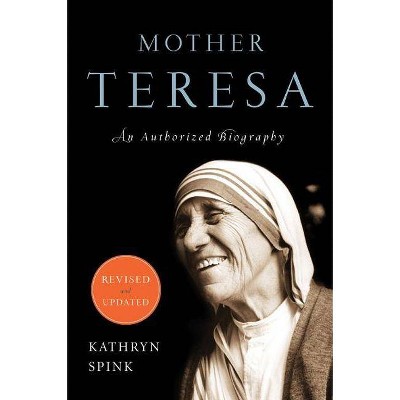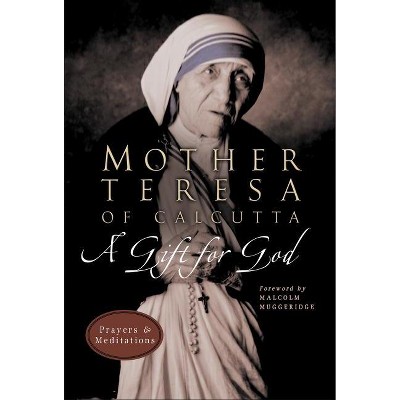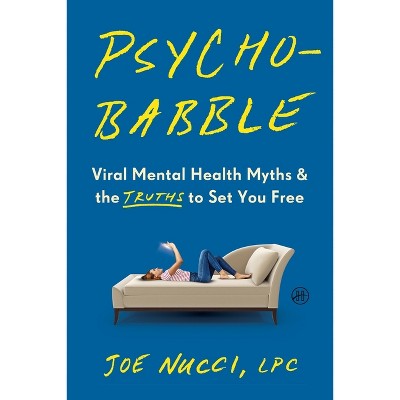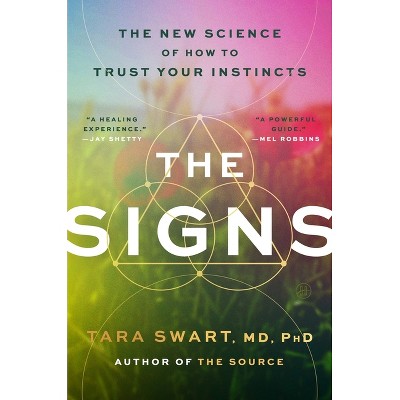Sponsored

Mother Earth Is Our Elder - by Lafferty (Hardcover)
Pre-order
Sponsored
About this item
Highlights
- Award-winning Dene activist and writer Katlia teaches us Indigenous ways to protect Mother Earth from destruction.The Dene in Canada's North West territories have lived alongside nature for many generations.
- Author(s): Lafferty
- 416 Pages
- Social Science, Indigenous Studies
Description
Book Synopsis
Award-winning Dene activist and writer Katlia teaches us Indigenous ways to protect Mother Earth from destruction.
The Dene in Canada's North West territories have lived alongside nature for many generations. From battling environmental racism on the front lines of historical environmental protests, to innovating sustainable resources, to living a balanced life through effective individual and collective governance, the Dene have long protected Mother Earth from destruction through their intricate knowledge systems, natural laws, and age-old principles.
Now more than ever, institutions and citizens alike are seeking out and relying on the resilience of Indigenous knowledge systems to help solve the climate crisis. This book brings together a diverse group of Dene elders on the subject of climate change to answer the calls for help. Adhering proudly to these responsibilities and values, Katlia (pronounced cat-lee-ah) writes a Dene manifesto fit to address the state of emergency we're in. Informed by Katlia's decades-long award-winning work and advocacy as a writer and activist, and her life experiences as a Dene woman from the north, this book achieves global relevance by focusing on the local.
This is ancient information, but it's new to those outside the Dene community, and Katlia's voice channels our collective energy toward surprisingly simple scalable solutions such as:
- sustainable, ethical food sources as a path toward food sovereigntyintermittent renewables and innovative alternatives to heat and power homeshousing systems incorporating green technologies into cultural ways of knowing that include living off gridcultural burning to mitigate out of control wildfires
With evidence of how this all works for the Dene people, we see how it might work for us as well. This generous, pragmatic, and hopeful book shows us how to find coexistence with Mother Earth and embrace the wisdom of our local Indigenous communities.
Mother Earth Is Our Elder features 10 original black-and-white photographs.
Shipping details
Return details
Frequently bought together

Trending Non-Fiction









